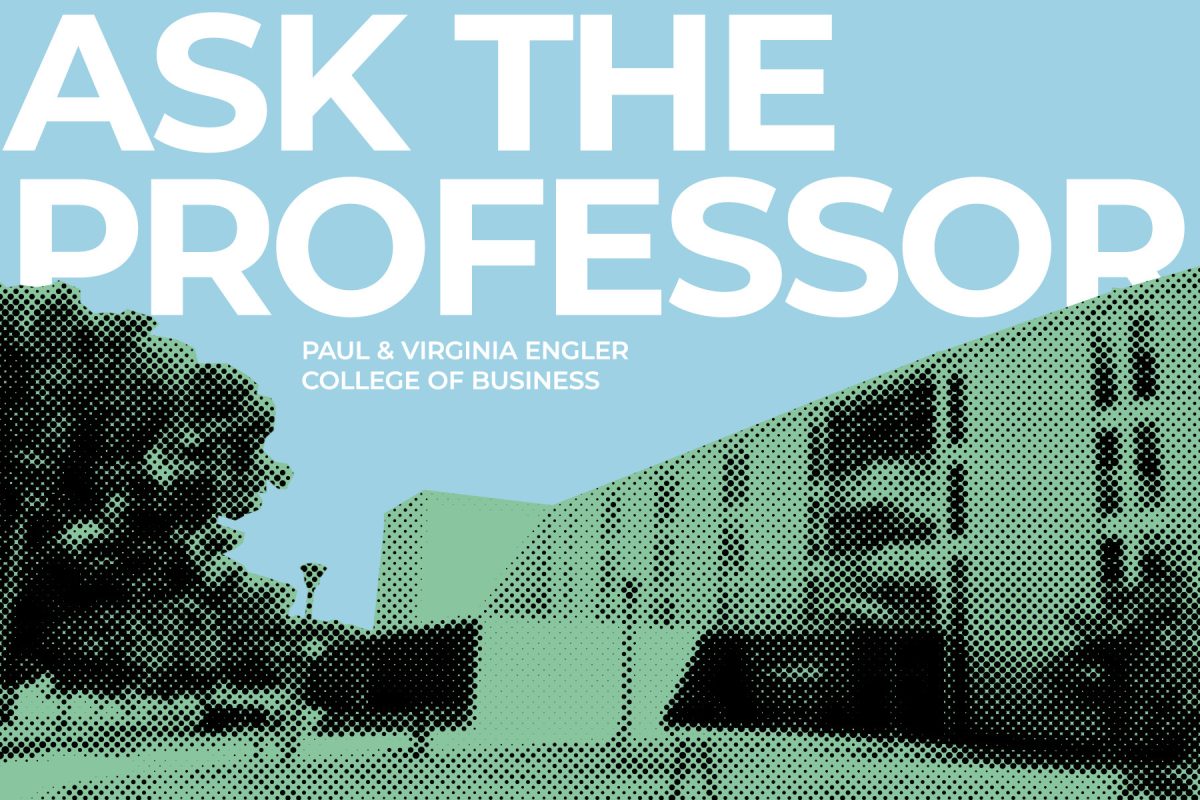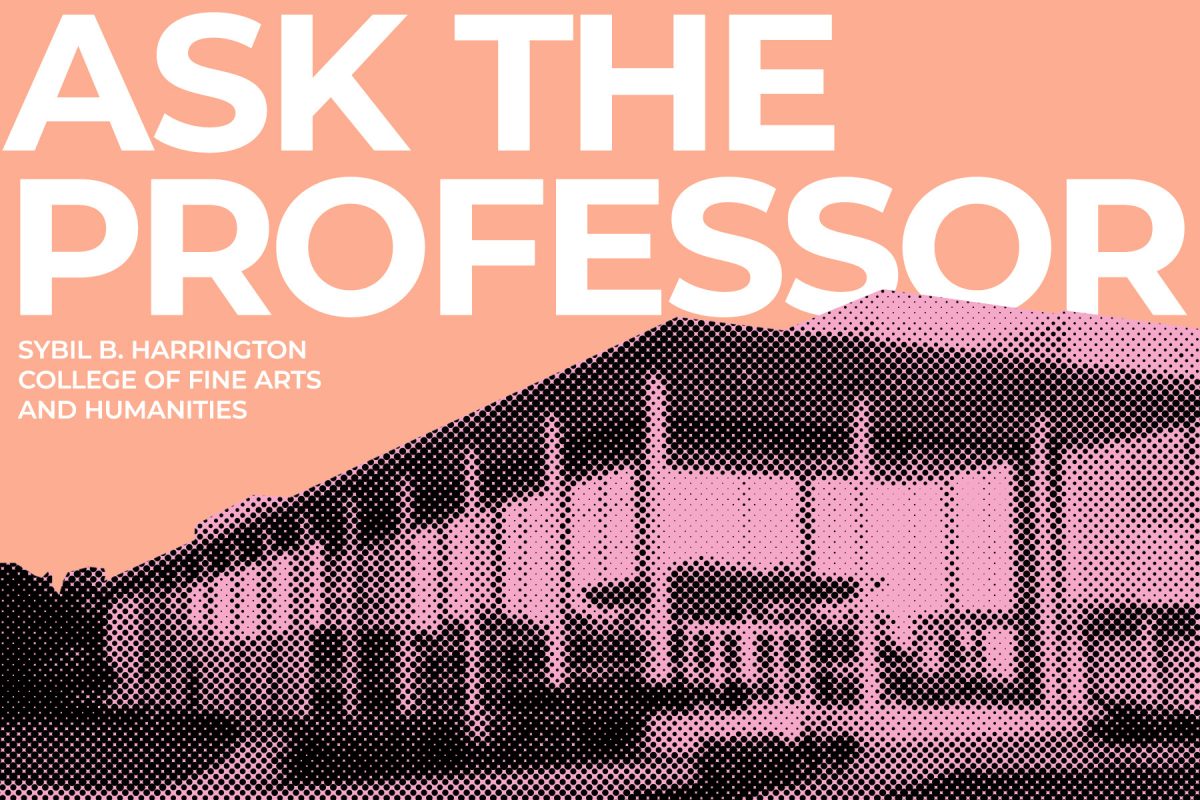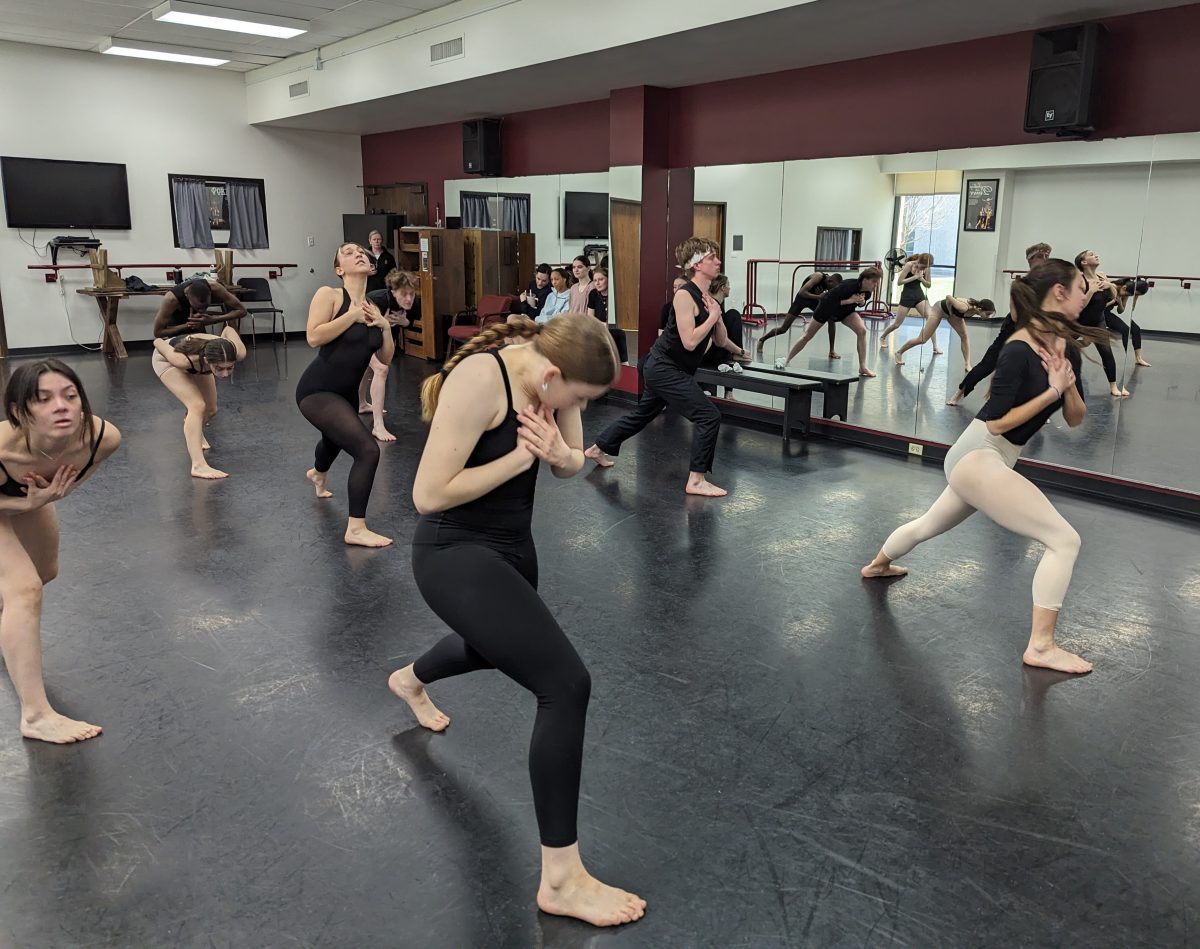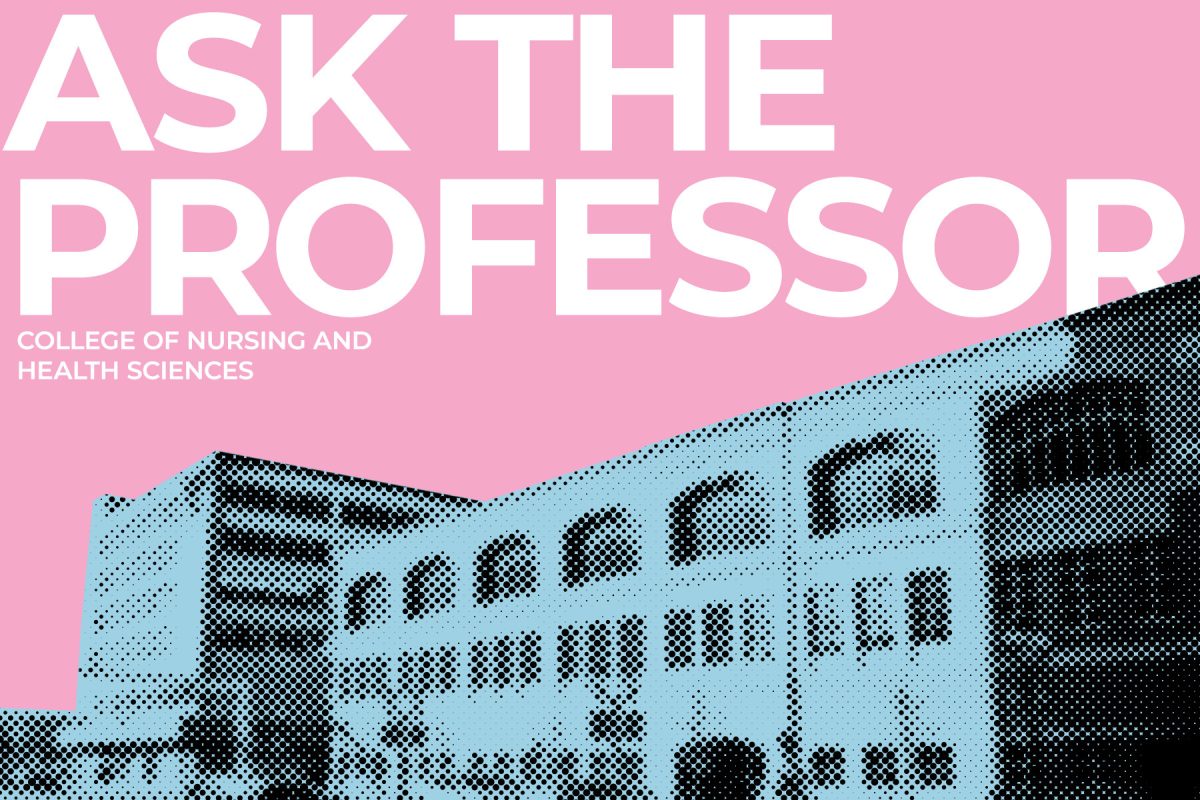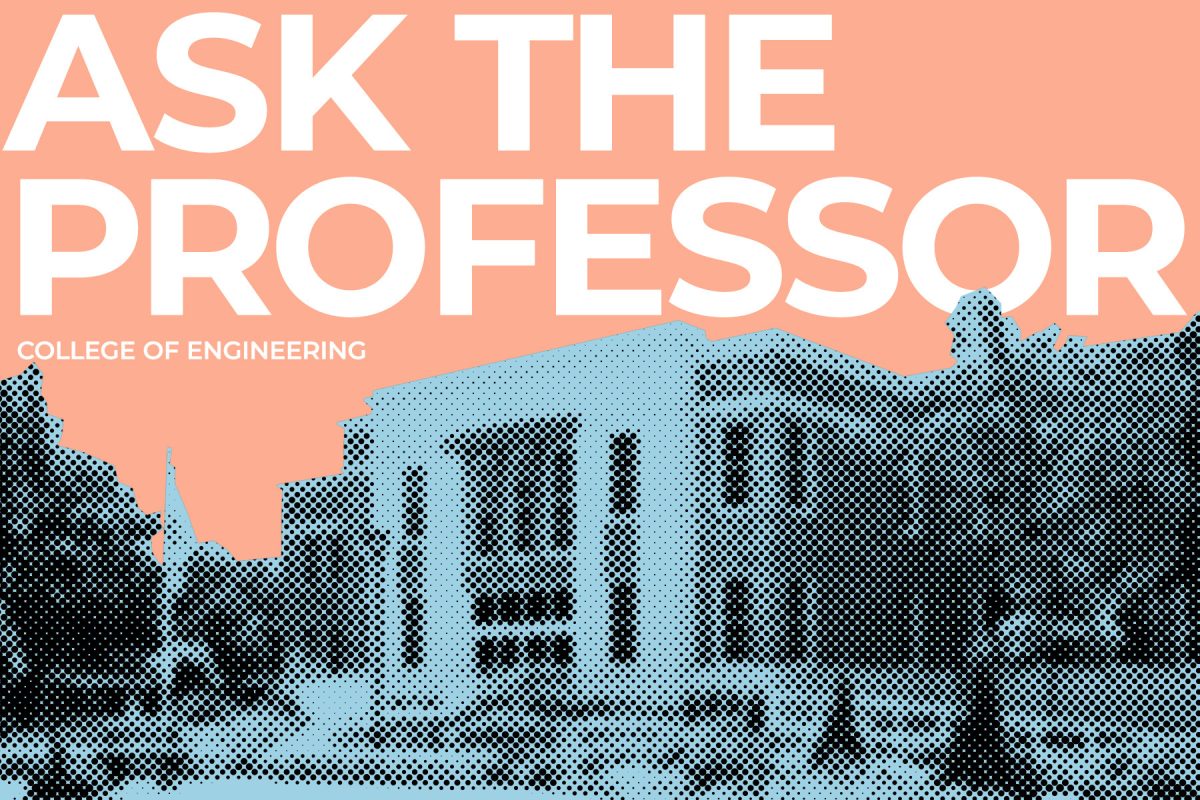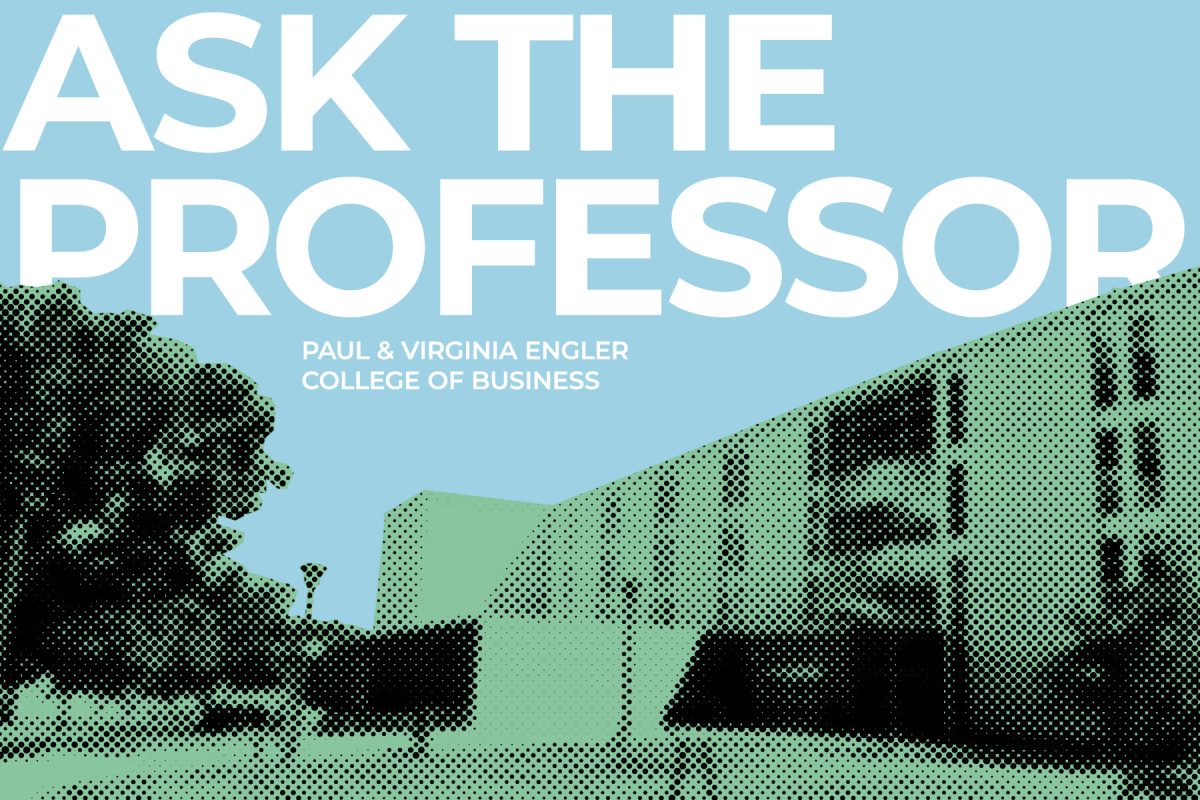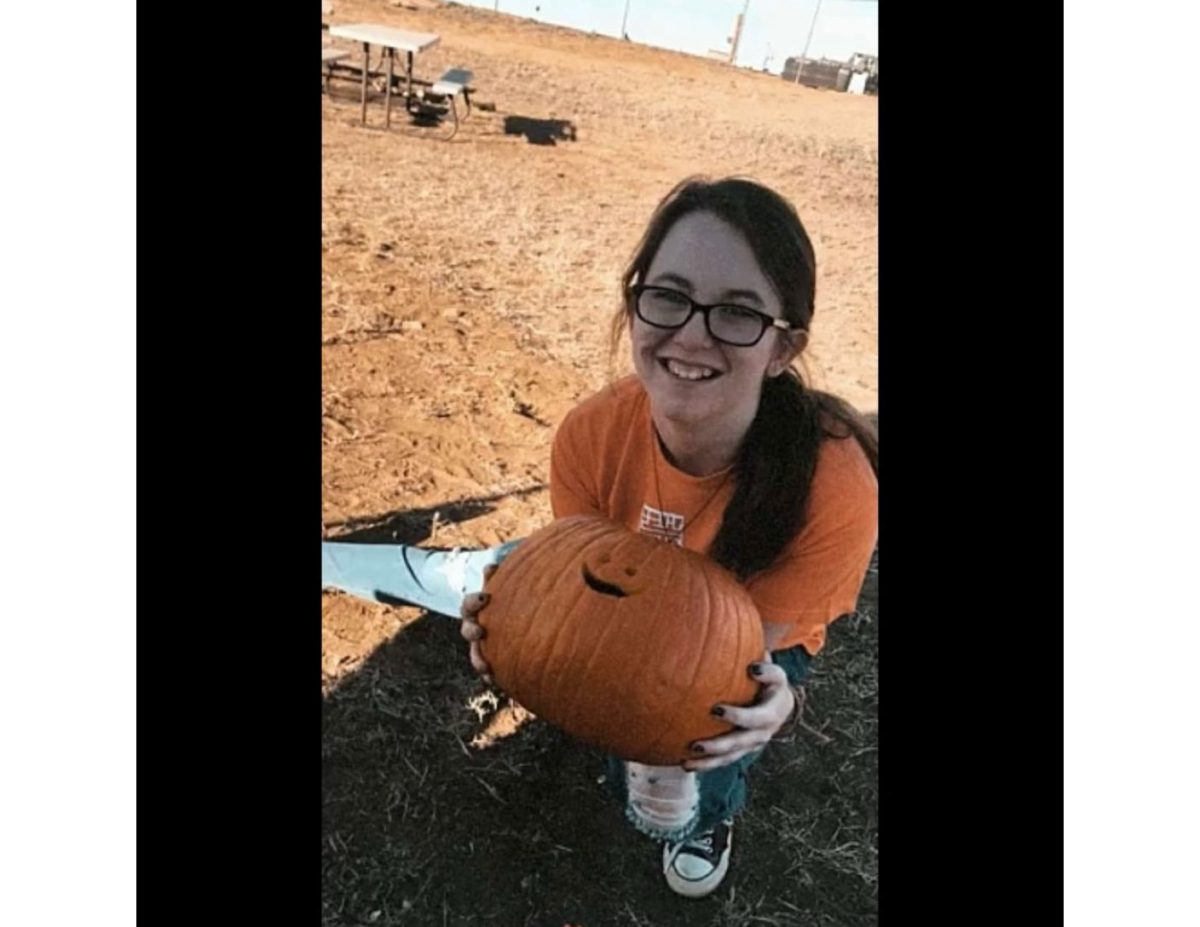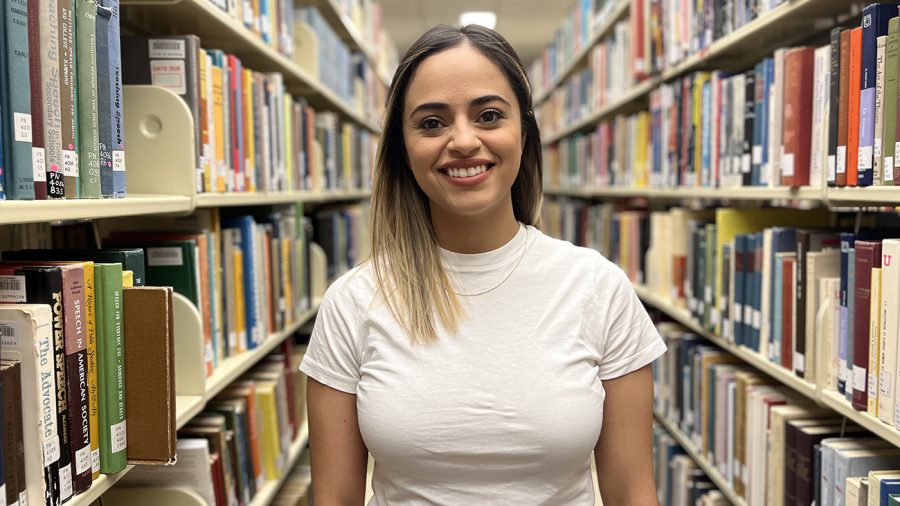Dr. Nick Gerlich is a Hickman professor of marketing in the Department of Management, Marketing and General Business at the Paul and Virginia Engler College of Business at West Texas A&M University. He teaches courses in consumer behavior, personal selling and sales promotion, as well as graduate and undergraduate courses in digital marketing. Dr. Gerlich launched the BuffSpeak podcast in the fall of 2022, which he hosts.
Dr. Gerlich worked on his high school newspaper for three years. He changed his career path when his father – an accountant – convinced him to pursue business.
“For my senior year of high school, I enrolled in what was then called DECA, Distributive Education Clubs of America,” Dr. Gerlich said. “It was a terrible name, but basically what it meant was, you went to school half day, and they placed you in a job, so you work the other half of the day.”
Dr. Gerlich’s DECA class was high school marketing. For the job portion, he worked for a small office equipment retailer as a delivery boy.
“I learned how to navigate, and I learned how to deal with customers,” Dr. Gerlich said. “I learned how to deal with everything from the smallest tablet and typewriter ribbon to desks and chairs and credenzas. I delivered it all by myself. It was a great learning experience.”
After completing his bachelor’s degree, double majoring in marketing and economics at Anderson University, Dr. Gerlich pursued his MBA with a focus in marketing at Indiana University. He took a semester off to look for work and then returned to Indiana University to earn his Ph.D. in marketing.
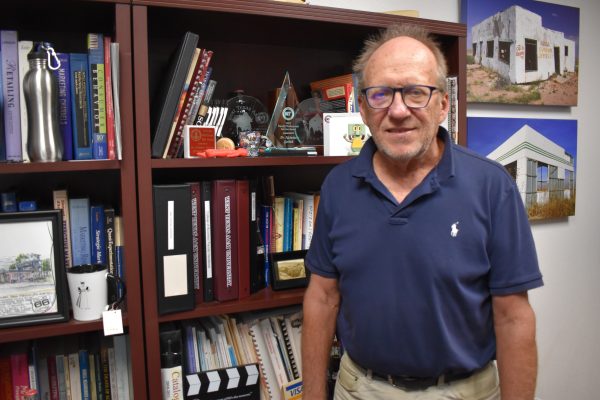
“I had to teach; that was part of the expectation,” Dr. Gerlich said. “Talk about being thrown to the lions’ den! Oh my god, it was scary the first semester because I was like three years older than all my students, standing up there in a coat and a tie, sweating like the fountain out here in front of Old Main. It was terrible. I was so nervous. But I fell in love with the teaching and then I was able to actually get hired by Indiana for three years as a visiting lecturer. So, I had huge teaching responsibilities while I was doing my dissertation.”
Dr. Gerlich began online teaching in 1997; four years after the World Wide Web launched to the public.
“I was the second professor at WT but the first in the College of Business to go online, fall of 97,” Dr. Gerlich said. “It basically was like being handed a butter knife and asked to carve a trail through the jungle. It was tough; we didn’t know what we were doing. And this was in the era of dial-up, so we didn’t have Wi-Fi, we didn’t have bandwidth.”
Dr. Gerlich said that then, online classes were text-based as a picture as small as even 100 kilobytes would “choke” when loading.
“But fortunately, our improvements were fast,” Dr. Gerlich said. “We actually used homegrown software back then; we didn’t have Blackboard. We had programmers who actually did this, and it was pretty good. They did a great job.”
For his online classes now, Dr. Gerlich incorporates audio and some videos.
“I’ve actually seen a return to just audio because we love podcasting and stuff like that,” Dr. Gerlich said. “And this is something we can do while we are driving, while we’re on the treadmill, while we’re out running, walking, biking. We can be listening to course content that doesn’t demand our eyeballs.”
Dr. Gerlich recently published a paper with Dr. Ashley Morgan and Dr. Elaina Cantrell Robinson based on research they undertook to try to determine predictors of COVID-19 cases, related deaths and vaccination rates through the pandemic. They looked at political ideology, religiosity, education level and county median age, population density, household income level and poverty rate.
“Population density, we were surprised,” Dr. Gerlich said. “We thought that the more crammed together people were, the more they might partake of vaccination because they are close together during Covid. Because we had already heard that isolation is best; social distancing. But if you live in downtown Dallas, where there’s nothing but high-rise apartments, you’re living kind of packed together. But we actually found the opposite. Population density was inversely related with the number of vaccinations. Basically, what might have happened is, in those densely populated areas, people may not have had as easy access to vaccines as we do like out in the suburbs like for us here.”
Dr. Gerlich said he wants his classes to feel less like a lecture and more like a conversation.
“I want them to interact, but in other things, I use a very Socratic style of teaching in which I don’t often use arrows and things pointing,” Dr. Gerlich said. “I will literally tell a story and not tell you what the problem is. It’s your job to figure out the problem based upon what I gave you. I want you to really dive in and consider what you know, ‘Why did he put this out here in the first place? And what’s he wanting us to really sink our teeth into?’”



